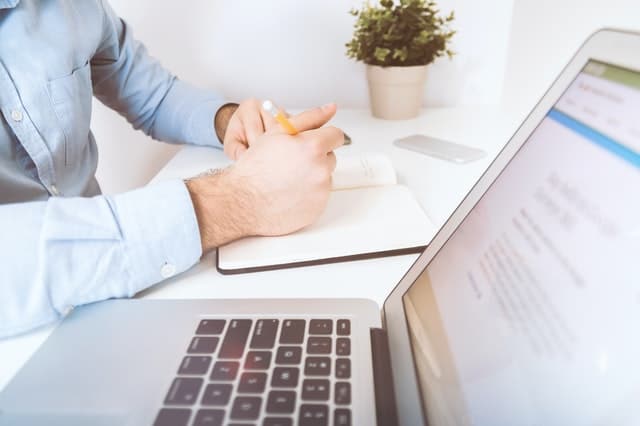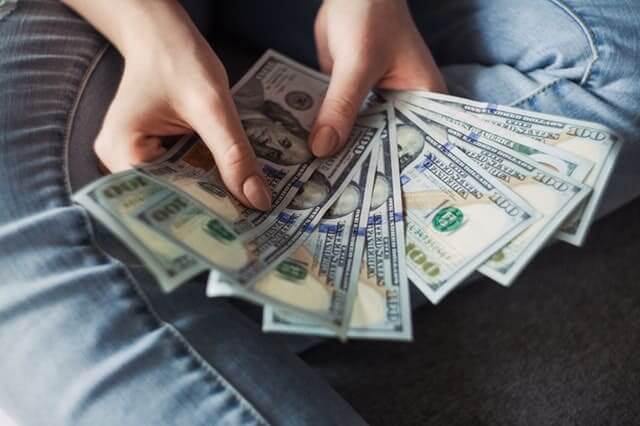Why Is Financial Preparedness Necessary For Disasters?
Although creating preparedness plans for likely disasters in your area may look different from incident to incident, there are a few common threads. Most of us know that you need to have food and water stored and hopefully understand the basics of first-aid. But one thing that is almost as necessary (but often overlooked) is the importance of financial preparedness. There are very few emergency situations that do not take a toll financially for individuals, families, communities, nations, or the global landscape. And although we know that this may look different for different people based on individual income and needs, there are ways that all of us can better prepare for the next crisis.How Can I Prepare Myself Financially For A Disaster?
To begin your financial preparation for any disaster, remember that any small effort is better than none. You may not be able to complete each of the steps. The important thing is to do what you can and create a plan for what you cannot. Perhaps your small cash fund is $50, or even $25. Perhaps your emergency fund is small if money is especially tight. Start where you are, and build as slowly as you need. Preparing for a disaster can be broken down into 5 simple steps: create a small cash fund, create an emergency fund, have proper insurance, keep detailed records, and open a safe deposit box.- The first important way to financially prepare for any emergency is having a small cash fund on hand. Natural disasters can often wipe out the power in entire communities, which may lead to you paying cash for your necessities for a few days.
- Ideally, you will have $200-$300 in your home in a safe location. In addition, you will want this amount to be made up of small bills, especially $1 and $5 bills. The reason for this is that businesses may not be able to give you change if there is a cash shortage.

- Second, save as much money in an emergency fund as you can afford. This fund should be budgeted in and set aside specifically for a disaster. Cut spending if necessary in order to protect this fund for when it is actually needed.
- Having an emergency fund will make no small difference when recovering from an emergency. If you are suddenly unemployed, if your major belongings are damaged, and/or if the economy is suffering, your emergency fund in a reputable online bank will make a massive difference. Even more than this, an emergency fund could allow you to be prepared enough to help people who have been less fortunate in times of stress and panic.
- In the case of a disaster, you will also want to have proper insurance coverage. In addition to a basic homeowner’s insurance policy, you will want to get insurance specifically for a disaster or other loss.
- To begin, go through your homeowner’s insurance with a fine-toothed comb to determine what is covered and what is not. You will want to make sure that you have flood insurance, disaster insurance, and disability insurance. You may think that disability insurance does not apply to you, but one out of every four people in America will become disabled before they retire, making this type of insurance just as important as the rest.
- Even with proper insurance, you may not get fully reimbursed without keeping close records in your home about what you owned before a loss. This can be done simply by making a video while walking slowly throughout your house. Pause the camera on different belongings and provide narration by stating the brand, approximate purchase date, and price for each item. This will be invaluable in the case that you suffer loss in a disaster.
- Finally, open a safe deposit box or buy a fireproof safe for all of your valuable documents. Keeping your important hard copy information in a safe deposit box at a local bank will increase the chances that this documentation will survive the disaster. In your chosen location, consider including the following:
- Birth certificates
- Marriage and family records
- Adoption papers
- Property deeds
- Wills and trusts
- Insurance policies
- Passports
- Social security cards
- Immunization records
- Bank account information
- Credit card account information
- Important Contracts


